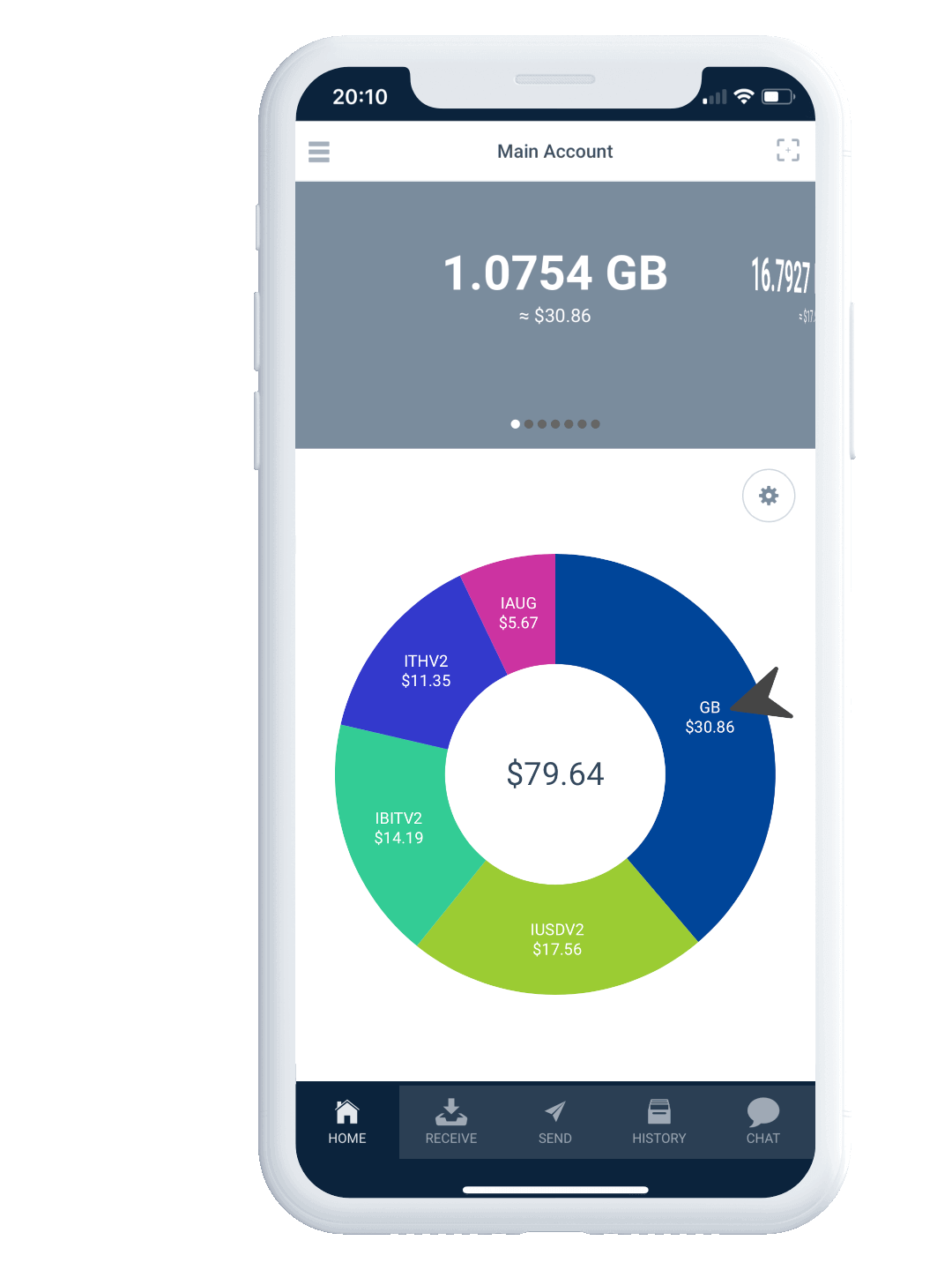Obyte pays to contributors who help to improve the ecosystem or promote its adoption.
Some of the important parts of Obyte ecosystem were created by independent contributors and funded as grants.
For example, obyte.js library was funded as a grant, many IoT related works were funded
as grants, oswap.io was grant funded,
World Community Grid distribution bot,
Byteduino library,
PolloPollo were all created under Obyte Grants Program
which has been running since 2017.
The grants are paid from undistributed bytes and blackbytes.
Below are the rules, they might be amended in the future and evolve as we gain more experience. If you have
any ideas how to make the platform better and ready to do it yourself or with your team, feel free to apply.
Obyte Grants
Grants are paid for work that contributes to Obyte ecosystem. The work is not limited to development only,
it can be any other work (such as marketing, promotion) that potentially adds value to Obyte platform as a whole.
Grants are paid out of the undistributed funds.
The general procedure is as follows:
1. Applicant(s) come up with an idea that can be realized by the applicant(s) and would potentially add value to the platform.
2. Applicant(s) draft a pre-proposal and offer it for public discussion. The pre-proposal includes the what and why of the work as well as milestones and requested funding.
3. After public discussion and based on community feedback, the applicant(s) optionally amend the pre-proposal and submit a final proposal.
4. The proposal is voted by the grant committee and approved based on 3-of-4 majority, or rejected.
5. The applicant(s) publish regular updates about their ongoing work and the funds are released based on achieved milestones.
Proposals and pre-proposals
Proposals and pre-proposals have the same content requirements, the difference being only that pre-proposals are submitted to the community for public discussion and can be amended many times to incorporate feedback from the community, while proposals are final formal documents that necessarily trigger the grant committee vote.
It’s up to the applicant(s) to decide when their pre-proposal has matured to be submitted as a finished proposal but at least a week of public discussion is recommended.
Applicant(s) can withdraw their pre-proposal at any time for any reason.
Proposals and pre-proposals should be published as an online document (google doc, etc) and a link to the document, as well as its summary, should be published in Discord channel #grants.
Content of (pre)proposal
Each (pre)proposal description should include:
- What will be done, what are the deliverables.
- What problem it solves.
- How the project contributes to the Obyte ecosystem.
- Timeline and milestones: when and what parts of the project will be ready. Small projects include only one (final) milestone.
- Requested payment schedule in GB, GBB, and fiat. It must be linked to milestones and should specify how much should be paid against completion of every milestone, plus optionally one pre-payment that should be released immediately after the proposal is approved and before its implementation is started. The schedule can contain payments in fiat e.g. if the applicant’s costs are in fiat, it will be converted to GB or GBB at the time of payment at then-current rates.
- Total budget.
- Team member(s) and their roles in the project and backgrounds.
Depending on the nature of the proposal, before a pre-proposal is submitted for the first time, a research should be done to show that what is proposed is doable.
Discussion of pre-proposal
Any community member can comment on the proposal, say how would he/she vote, suggest improvements and amendments.
Final proposal and vote
After discussion, the applicants optionally amend their proposal and submit it for vote to the grant committee. The committee vote is based on the merits of the proposal as well as the available funds. The committee takes into account the community feedback during discussion.
Resubmission
A rejected proposal can be submitted again after making amendments and going through a new public discussion.
Reporting and payment
After a proposal is approved, the applicant(s) start working on it. When milestones are achieved, the applicant(s) publicly announce the achievement of the milestone in #grants and request the committee to release the payment bound to this milestone. Both community members and the committee evaluate the results of the work and the committee releases the payment within the following 7 days if they find that the milestone was actually achieved.
